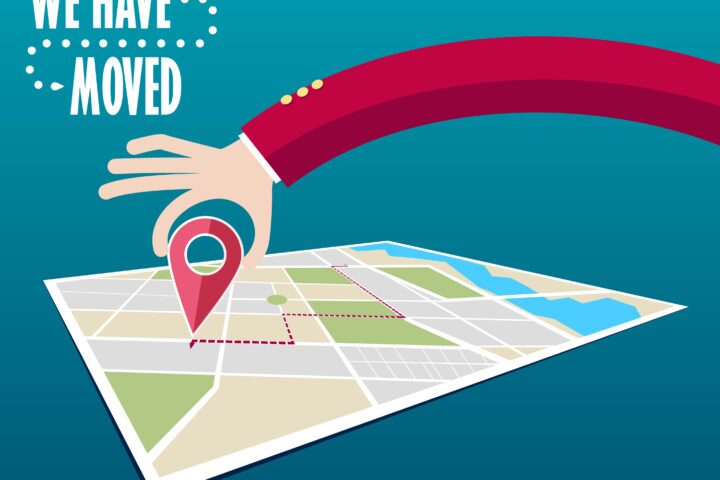Do you find yourself in a legal dispute, but want to avoid going to Court? Fortunately, there is an alternative way to resolve your dispute without having to face the long, daunting, and expensive process of going to Court.
What is Mediation?
Mediation is a form of dispute resolution where an independent third party, the mediator, assists negotiations to help parties resolve their conflict.
Parties are generally ordered to go to mediation by a Judge before the matter goes to trial. Why? Because most cases are resolved at mediation. Other times, parties will voluntarily agree to mediate their dispute to save time and money.
When is Mediation suitable?
- Family law related disputes
- Contract disputes
- Workplace disputes
- Employment-related claims
- Child arrangements
- Business partner disputes
- Neighbourhood disputes
Mediation process
Unlike going to Court, mediation is a structured process that takes place in an informal setting. The mediator sits down with the parties and discusses the dispute. The process is facilitated through effective communication and in a cooperative manner to work toward a resolution.
During the discussions, the mediator allows each party to have their say about their view on the dispute. This helps the mediator understand the needs and concerns of each party. The mediator will also speak with each side privately to determine what realistic outcome they want to achieve and also help develop options, solutions and consider alternatives where appropriate. Once each side has spoken, the mediator will allow the parties to leave the room so they can reflect on what has been discussed. At this point, the parties are able to obtain advice or support if necessary.
The importance of mediation is that the parties make an agreement themselves. Whereas, if you end up in Court, somebody who doesn’t know you (a Judge) is going to make a decision that neither party may like.
Mediation is also confidential. This means everything that is discussed at mediation will remain private and cannot be used as evidence if you do end up in Court.
Role of a mediator
We can help you
If you are seeking to resolve your dispute without having to go Court, then mediation is suitable for you. Mediation provides parties the opportunity to have more control of the outcome and helps to resolve disputes quickly and amicably at a much cheaper price than litigation.
At Alex Mandry Family Lawyers Sunshine Coast, we have a Nationally Accredited Mediator who can help you reach a resolution. Contact our office on 07 5442 0000 to arrange an appointment.






























